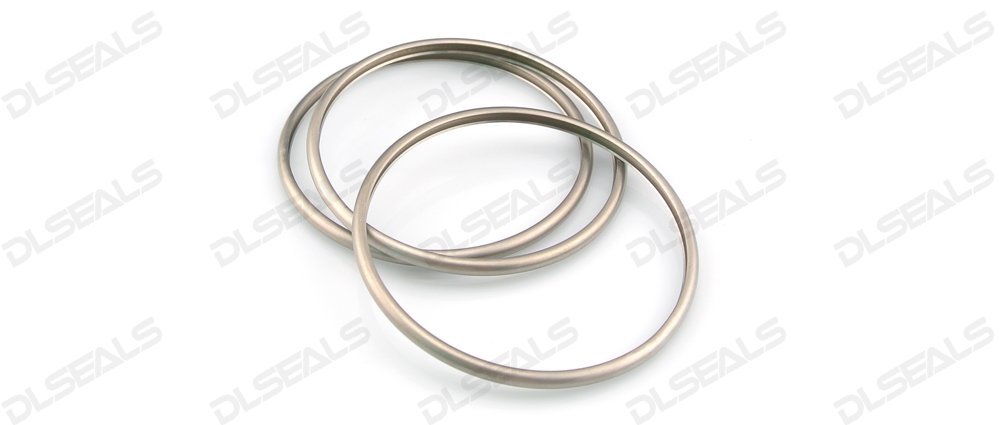In various industries, the choice between rubber seals and metal seals can significantly impact the performance, longevity, and cost-effectiveness of a product or system. Each type of seal has its advantages and disadvantages, making it crucial to weigh the factors that matter most to your specific application. In this article, we’ll delve into the characteristics of rubber seals and metal seals, comparing their features to help you determine which is the right choice for your needs.
Rubber Seals:
Rubber seals, often made from materials like silicone, EPDM, or neoprene, are renowned for their flexibility, resilience, and ability to provide effective sealing in a wide range of environments. They are commonly used in applications where sealing against liquids, gases, or dust is paramount. Here are some key attributes of rubber seals:
Flexibility: Rubber seals can conform to irregular surfaces, ensuring a tight seal even in challenging conditions.
Chemical Resistance: Depending on the material, rubber seals can offer excellent resistance to various chemicals, oils, and solvents.
Temperature Range: Rubber seals can withstand a broad temperature range, making them suitable for both high and low-temperature applications.
Cost-Effectiveness: Rubber seals are often more affordable than their metal counterparts, making them an economical choice for many applications.
However, rubber seals may have limitations in high-pressure or high-temperature environments where they can degrade over time or lose their sealing effectiveness.
Metal Seals:
Metal seals, typically constructed from materials like stainless steel or aluminum, offer distinct advantages in certain applications where robustness, stability, and longevity are paramount. They are commonly used in industries such as aerospace, automotive, and oil and gas. Here are some key attributes of metal seals:
High Pressure and Temperature Resistance: Metal seals excel in high-pressure and high-temperature environments where rubber seals may fail, making them ideal for critical applications.
Longevity: Metal seals have exceptional durability and can withstand harsh operating conditions without degradation, ensuring long-term reliability.
Hermetic Sealing: Metal seals can provide hermetic sealing, preventing leakage of gases or liquids even under extreme conditions.
Precision Engineering: Metal seals can be manufactured with high precision, ensuring tight tolerances and consistent performance.
However, metal seals may have limitations in applications where flexibility and conformability are essential, as they may not seal effectively against uneven or irregular surfaces.
Choosing the Right Seal:
When deciding between rubber seals and metal seals, it’s essential to consider the specific requirements of your application. Here are some factors to consider:
Operating Conditions: Evaluate the temperature, pressure, and chemical exposure your seals will endure.
Sealing Performance: Determine the level of sealing effectiveness required for your application, considering factors like leakage rates and environmental protection.
Long-Term Costs: Consider the total cost of ownership, including initial investment, maintenance, and replacement costs over the lifespan of the seals.
Application Specifics: Assess any unique challenges or requirements of your application, such as surface irregularities or dynamic movement.
In conclusion, both rubber seals and metal seals offer distinct advantages and are suitable for different applications. By understanding the characteristics and considering the specific needs of your application, you can make an informed decision to select the seal that best meets your requirements for performance, reliability, and cost-effectiveness.
Post time: Jun-04-2024

